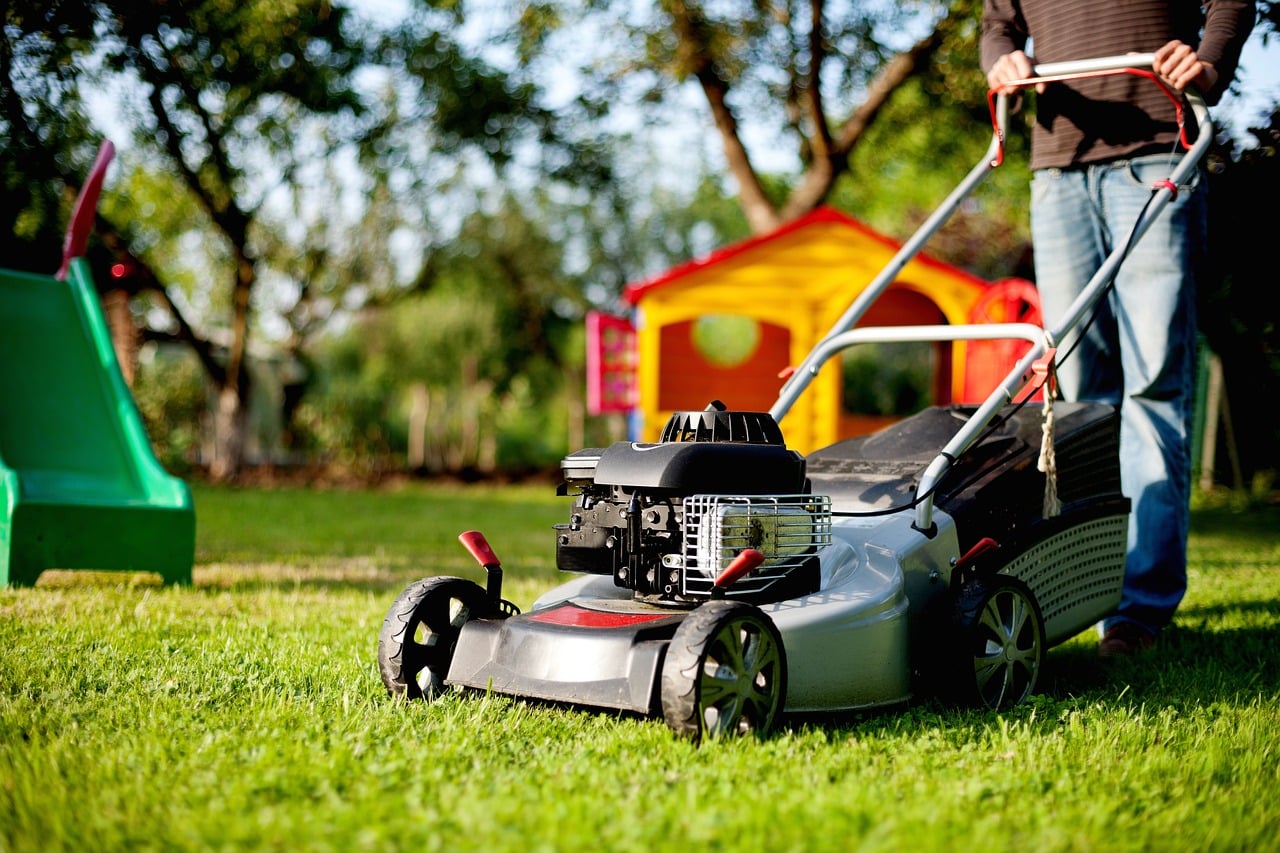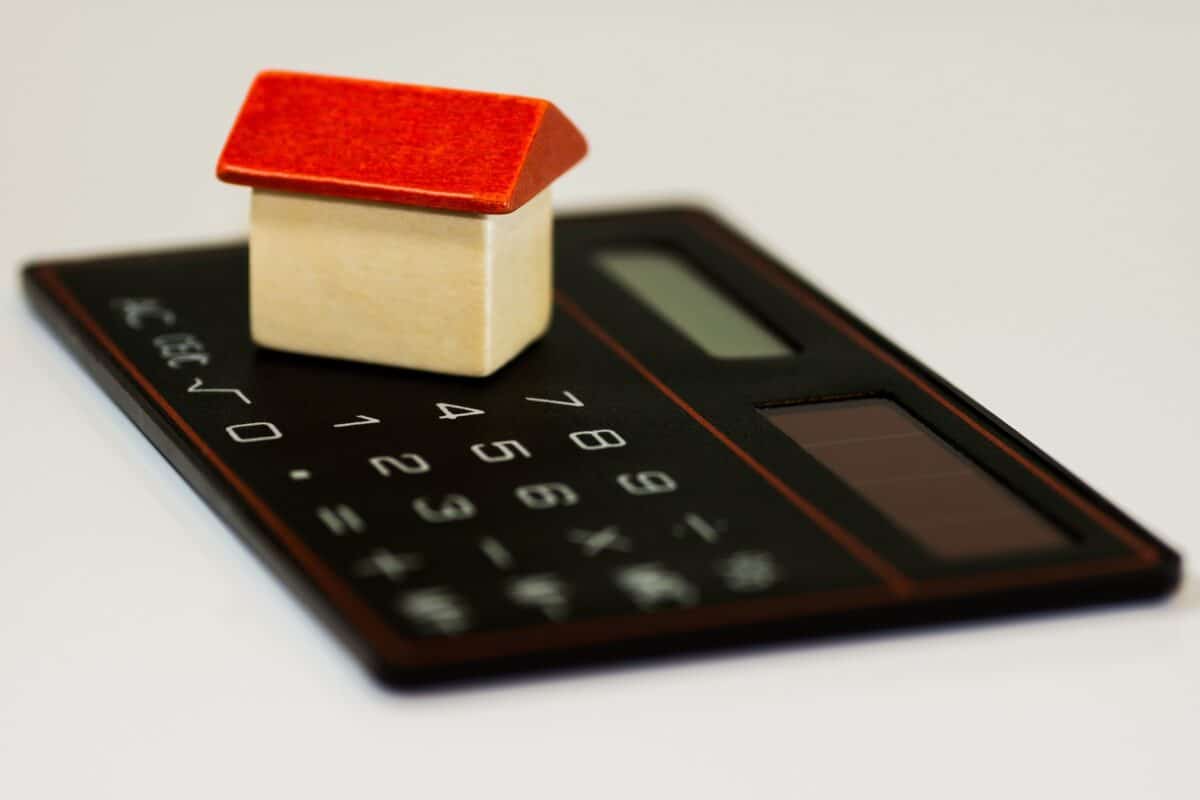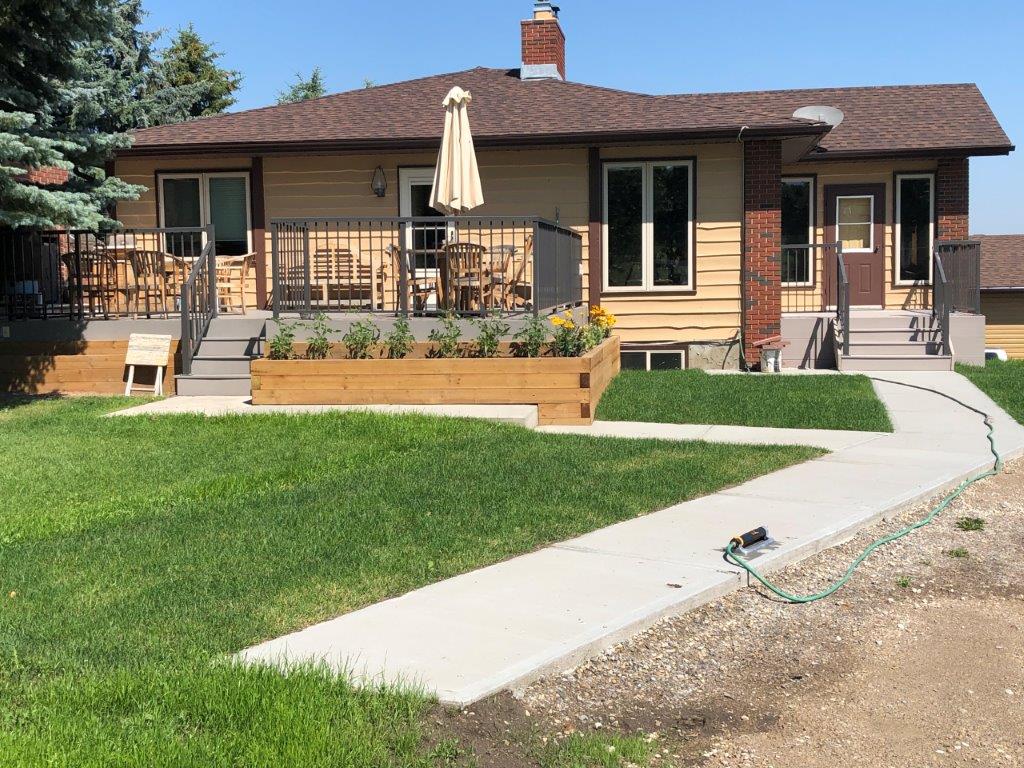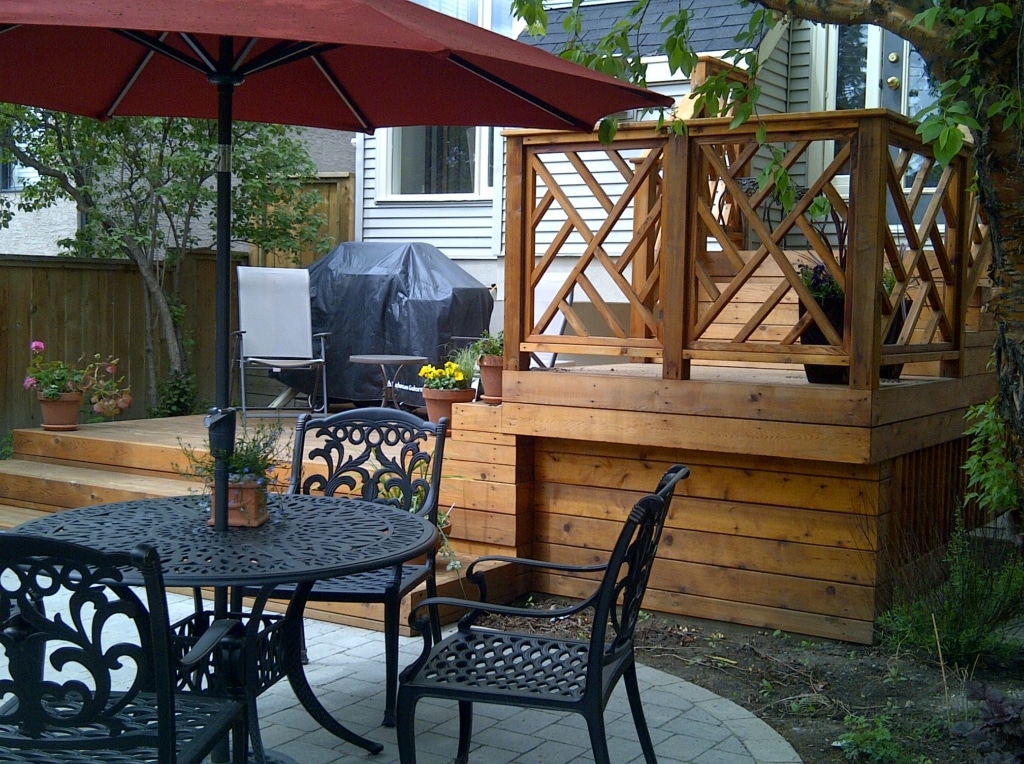The Art of Being a Good Neighbor

In our fast-paced world, technology often links us to faraway places more than our own neighbors. Yet, being a good neighbor is essential. Positive neighborly connections go beyond our homes, shaping our communities and boosting our sense of belonging and well-being. In this blog, we’ll discuss how to be a good neighbor, the benefits it brings, and why it’s especially important now.
Getting to Know Your Neighbors
One of the fundamental steps toward being a good neighbor is getting to know the people who live nearby. Take the initiative to introduce yourself and engage in friendly conversations. This can be as simple as a smile and a wave when you see them outside, or a brief chat while checking the mail. Establishing a foundation of familiarity creates a welcoming atmosphere and sets the tone for future interactions.
Offer a Helping Hand
A good neighbor is helping when it’s needed. Whether it’s helping with groceries, lending a lawnmower, or offering to watch their pet while they’re away, these small gestures go a long way in building trust and camaraderie. Remember, acts of kindness have a ripple effect, inspiring others to do the same.
Respect Personal Space
Respecting your neighbors’ boundaries and privacy is crucial. Avoid being intrusive or nosy, and be mindful of noise levels, especially during late hours. Being considerate of each other’s needs fosters an environment of mutual respect and harmony.
Celebrate Special Occasions
Taking part in your neighbors’ joys and milestones can create lasting bonds. Remember birthdays, anniversaries, and other significant events, and consider exchanging small gifts or cards to show your appreciation. Participating in community celebrations and potlucks also helps strengthen the sense of community.
Maintain Your Property
Being a good neighbor involves taking care of your own property to contribute positively to the overall aesthetic of the neighborhood. Regularly mow your lawn, keep the exterior of your home well-maintained, and promptly address any issues that may affect your neighbors, such as leaks or repairs.
Benefits of Being a Good Neighbor
Stronger Community Bonds
Positive neighborly relationships create a sense of unity and belonging within the community. People are more likely to work together, organize events, and support local initiatives, leading to a vibrant and engaged neighborhood.
Enhanced Safety and Security
A close-knit community looks out for one another. When neighbors are on good terms, they’re more likely to keep an eye out for unusual activities and report concerns promptly, contributing to a safer living environment.
Reduced Stress and Loneliness
Strong neighborly connections provide emotional support and companionship. Knowing you can rely on your neighbors for assistance, or a friendly conversation can alleviate feelings of isolation and loneliness.
Increased Property Values
A well-maintained and close-knit community often translates to higher property values. Potential buyers are attracted to neighborhoods where people care about their surroundings and each other.
Why You Should Be a Good Neighbor
Creating a Positive Legacy
By being a good neighbor, you contribute to a legacy of kindness and community. Your actions can inspire future generations to prioritize neighborly relationships and continue building strong communities.
Enriching Your Life
Developing meaningful connections with your neighbors enriches your life in immeasurable ways. You’ll have a support network, friendships, and shared experiences that enhance your overall well-being.
Fostering a Sense of Belonging
In an era of increasing social disconnection, being a good neighbor helps combat feelings of alienation. It creates a sense of belonging and reminds us that we’re part of something greater than ourselves.
Quick Tips on How to Be a Good Neighbor
- Welcome Basket: Prepare a small welcome basket with baked goods, fresh fruits, or local goodies to greet new neighbors and make them feel at home.
- Offer Help During Moves: Help your neighbors during their move by lending a hand with heavy lifting, packing, or unpacking boxes.
- Share Garden Surplus: If you have a garden, share surplus produce or flowers with your neighbors. This gesture not only promotes community sharing but also reduces food waste.
- Babysitting or Pet Sitting: Offer to babysit their children or take care of their pets when they need some time away.
- Collect Mail and Packages: If your neighbors are away, offer to collect their mail and packages to deter potential theft and keep their belongings safe.
- Shoveling Snow or Raking Leaves: Assist with seasonal chores such as shoveling snow in winter or raking leaves in autumn.
- Organize a Neighborhood Clean-up: Coordinate a community clean-up day where neighbors come together to beautify shared spaces like parks or common areas.
- Host a Block Party: Organize a block party or a potluck picnic to provide an opportunity for neighbors to socialize and get to know each other better.
- Offer Tech Assistance: Help your neighbors with tech-related issues, such as setting up a Wi-Fi network, troubleshooting a computer, or explaining how to use a new device.
- Share Recipes: Exchange your favorite recipes or baked goods with your neighbors, fostering a sense of culinary community.
- Run Errands: Offer to run errands for elderly or busy neighbors, such as grocery shopping or picking up prescriptions.
- Attend Neighborhood Meetings: Participate in local neighborhood meetings, associations, or events to contribute to community discussions and decision-making.
- Provide First Aid Training: Offer to teach basic first aid or CPR skills to your neighbors, empowering them to respond effectively in emergencies.
- Share Home Maintenance Tips: If you’re handy around the house, offer advice or assistance with minor home repairs or improvements.
- Plant a Community Garden: Collaborate with neighbors to start a community garden, creating a shared space for gardening and socializing.
- Exchange Books or Magazines: Set up a small lending library in your neighborhood or simply share books, magazines, or puzzles with your neighbors.
- Organize Carpooling: Coordinate carpooling with neighbors who have similar schedules or destinations, reducing traffic congestion and promoting environmental sustainability.
- Celebrate Birthdays: Recognize your neighbors’ birthdays with a card, a small gift, or a homemade treat.
- Provide Language Lessons: Offer language lessons to neighbors who are trying to learn a new language.
- Donate Items: Give away gently used clothing, furniture, or household items to neighbors who may need them.
Remember, being a good neighbor is about building connections, so always consider your neighbors’ preferences and needs while offering your assistance or planning activities.
Becoming a good neighbor requires a combination of genuine care, empathy, and thoughtful actions. It’s about fostering connections, supporting one another, and collectively working toward a better community. The benefits of being a good neighbor extend far beyond our own front doors, shaping the quality of life for everyone in the neighborhood. So, let’s embrace the opportunity to build stronger communities and create a positive impact that resonates for years to come.













